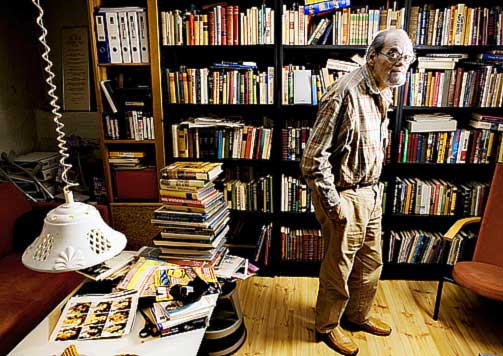- Online publishing has the opportunity to serve audiences in new and meaningful ways.
- Journalism values in such areas as truth, community and democracy will endure only if we embrace dramatic changes in the pressures and competition we face and the products we publish.
- Written ethics guidelines based on those values are an essential ingredient in the decision-making required in various forms of emerging media.
- Transparency is a necessary dimension of the relationship that journalists and news organizations maintain with their audiences.
- Limited resources, the novelty of online publishing or a lack of protocols cannot become an excuse for shoddy work or causing harm.
Still, as discussed in class, whether you are an online reporter, newspaper writer, or television producer, all journalists should have one thing in common:
Tell the truth. Don't make anything up.Journalists are ultimately responsible for what they publish. They should put their responsibility to citizens above all else. One reporter who did not live up to this value is Bjoern Benkow.
 Benkow reported fabricated interviews that he had with Bill Gates, Michael Schumacher, Oprah Winfrey and Margaret Thatcher. The freelance reporter then sold his stories to Scandanavian Newspapers.
Benkow reported fabricated interviews that he had with Bill Gates, Michael Schumacher, Oprah Winfrey and Margaret Thatcher. The freelance reporter then sold his stories to Scandanavian Newspapers.In this instance no one was particularly harmed by Benkow's fabrications. However, imagine the catastrophic results that could erupt if a journalist were to report false crimes or even fake weather reports. Journalists could do damage to themselves and the reputations of others. All in all, ethics should not be ignored. People want to believe what they read, but that trust can be easily broken if reporters abuse their positions.
No comments:
Post a Comment